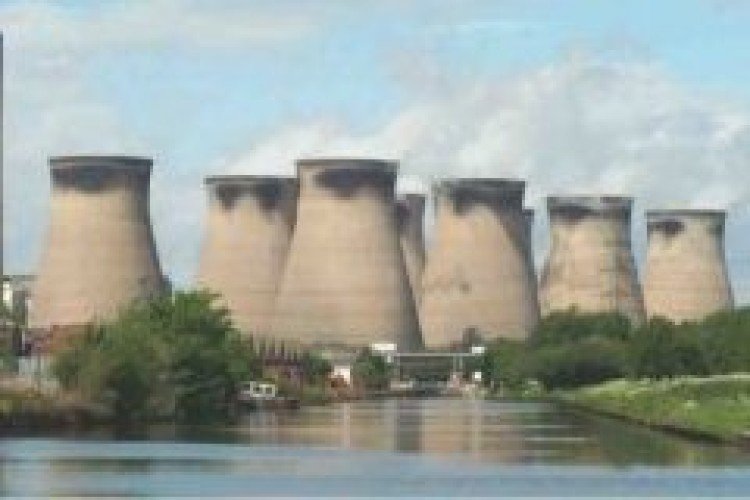The government is preparing to publish its Energy Bill that paves the way to 2020, but the Institution of Civil Engineers (ICE) says it should be looking further ahead to 2030 and preparing now.
In a new paper published today, Post 2020 energy scenarios and pathways to 2030, the ICE says that the policy framework to drive action up to 2020 is well advanced – most notably through the Electricity Market Reform. But it warns that more ambitious action will be required during the 2020s to secure a decarbonised 2030 – and this action must be planned for soon.
ICE past president Richard Coackley said: “We know the UK’s energy system in 2030 needs to look very different to today’s and there are already a number of scenarios which sketch out how a successfully decarbonised energy system could look in 2030. But none of these visions can become reality without a policy framework that enables action not only in the 2010s but in the 2020s. The Climate Change Committee itself highlights the need for a ‘significantly faster pace of progress’ through the 2020s but this cannot happen unaided.
“To maximise the chances of a decarbonised 2030, the existing scenarios must be explored in more detail taking into consideration political, economic, environmental, social, legal and technological factors. This will allow major challenges to be identified followed by the formation of the next wave of policy that will facilitate the accelerated progress required.”
ICE says policymakers will face a number of challenges when plotting a ‘policy pathway’ to 2030 - many of these relating to political will, policy certainty and public attitudes, which are critical factors in the transition to a low carbon society.

It urges policymakers to ensure future energy policy meets the following criteria:
For electricity
- Commits to a binding target to almost completely decarbonise electricity by 2030
- Dispels the notion that the answer is gas, or nuclear, or renewables – all are required in large measures
- Provides more clarity on how investors can be protected from future political and policy risk
- Redoubles efforts to demonstrate and deploy carbon, capture and storage (CCS) and develops energy storage technologies
- Acknowledges the implications of the additional significant heat and vehicle demands on the electricity system and develops a clear strategy to manage it
For heat
- Accelerates demand reduction through better insulation and controls
- Ensures uptake of renewable heat continues to be pursued through regulation, cost reduction and better installation standards
For transport
- Ensures energy is a priority for any transport strategy. In transport – unlike in electricity and heat – emissions have not been reduced and there are difficult questions about demand reduction and management, modal shift and public attitudes. UK transport strategy must be integrated with energy as a top priority.
Mr Coackley concluded: “In the next 12 months, political thought will increasingly turn towards party manifestos. As emission reduction targets demand changes in heat and transport, they will also demand changes in the habits and behaviour of consumers. This presents an opportunity for considered, practical policy solutions that will help the UK reach its long term energy goals.”
Got a story? Email news@theconstructionindex.co.uk



